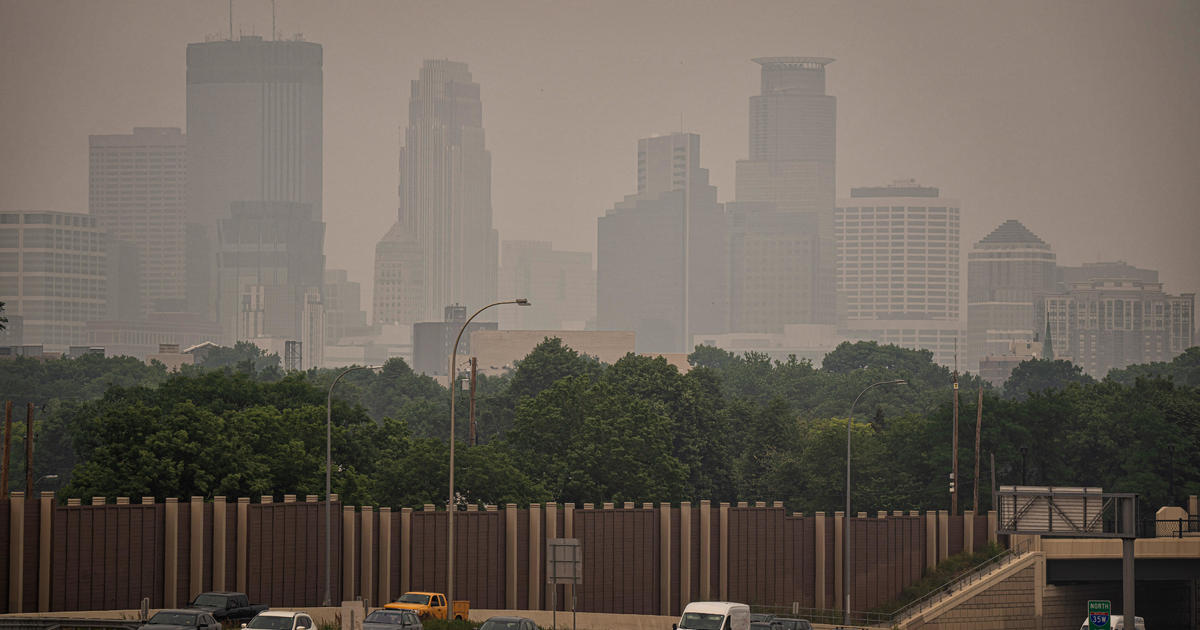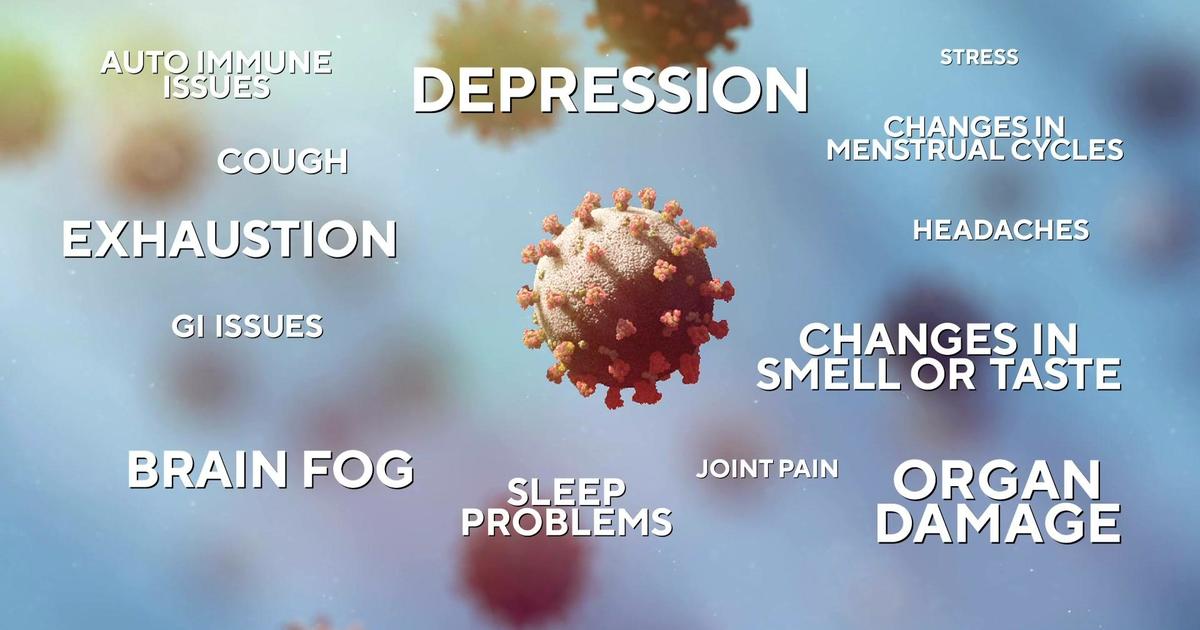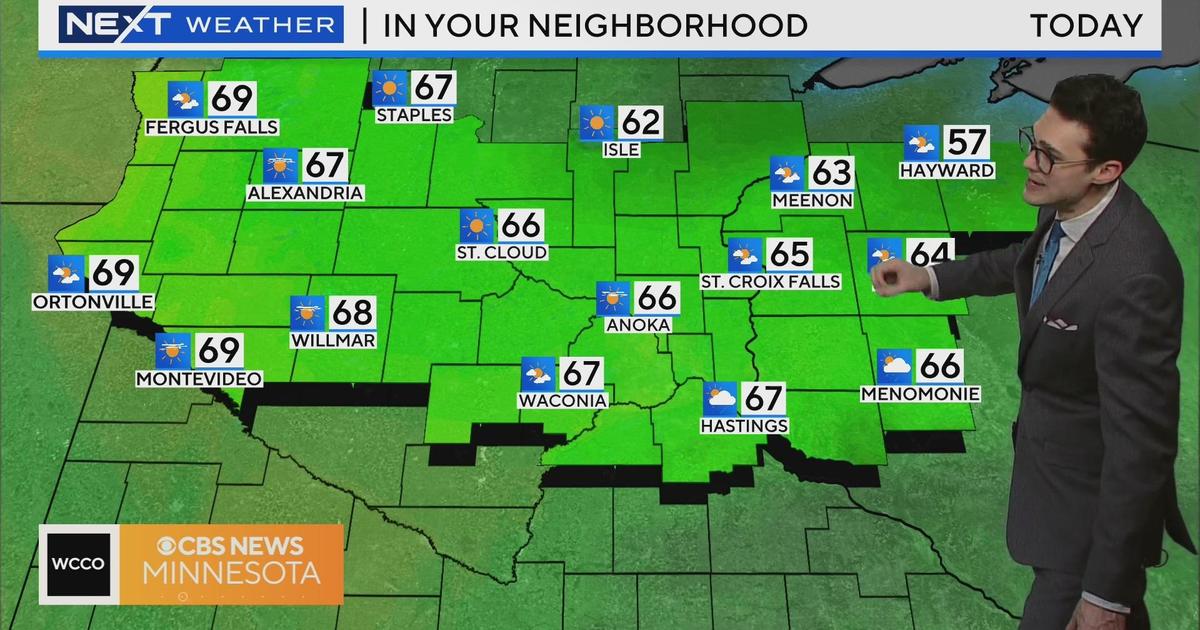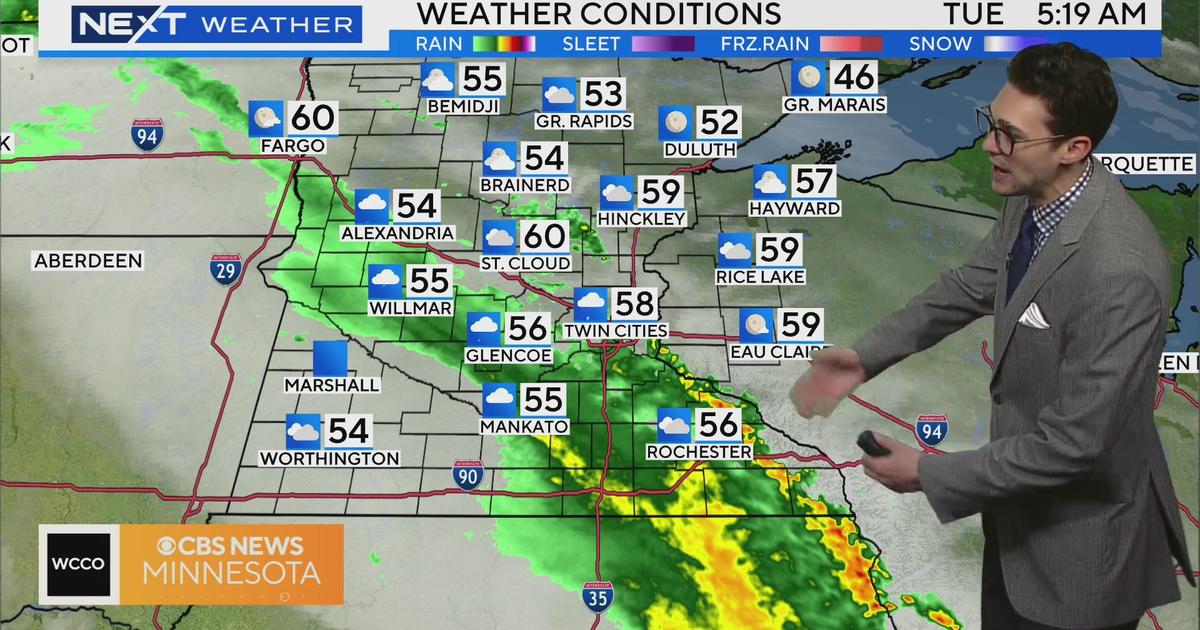MPCA: 62% of food thrown out by Minnesotans could be eaten or at least donated
MINNEAPOLIS -- The Minnesota Pollution Control Agency says the Twin Cities generates almost 3.3 million tons of waste each year. The amount of garbage going to metro landfills has shot up by more than 30% in just one year.
The MPCA recently released a report on the state of our waste, and it features more than just that takeaway. The agency's findings confirm food waste is a huge problem that may require all of us to look at our own habits.
At the Open Door food shelf in Eagan, they rescue about 25,000 pounds of food every week, and feed roughly 14,000 people every month. That's all food that could have gone to the landfill. That makes all the difference when, officials report, 2022 was the highest year of recorded need at Minnesota food shelves.
Food rescue programs like this help our neighbors, but it also helps cut down on waste. In a recent look at our food waste streams, the MPCA found almost half of the food Minnesotans threw in the trash could have been eaten.
University of Minnesota research scientist Dr. Jennifer Schmitt says we can't recycle or compost our way out of this.
"I mean they're spot-on, we have to deal with our food waste. We're still figuring out how to do that the right way," she said. "But it is a very complex problem."
While the MPCA recommends more composting, it argues that's not enough. That's because preventing one ton of food waste results in 20 times fewer greenhouse gas emissions than composting one ton of food waste.
And wasted food wastes the stuff it takes to make it.
"So you have all these omissions embedded in it. And then to just throw it away, like you just basically put all this work in and like tossed it out," Schmitt said.
The EPA says in 2021 the waste from uneaten food was equivalent to:
- 5.9 trillion gallons of fresh water, enough to supply 50 million American homes for a year
- 14 billion pounds of fertilizer, enough to grow all the plant-based foods produced each year in the U.S.
- 664 billion kWH of energy, enough to power more than 50 million U.S. homes for a year
Our food waste emits as much carbon dioxide as 42 coal-fired power plants. Those emissions contribute to climate change.
"Throwing it away, we just don't see the dollar bills getting thrown away when we throw it away. And maybe if we did, maybe we envisioned like, 'Oh, there goes a $5 bill,' as I toss it in the trash, maybe we can be a little more discerning," Schmitt said.
So what do we do about it? That strategy is outlined in the MPCA's solid waste plan for the next 20 years. The MPCA recommends expanding recycling and composting, investing in software to track, understand and cut food waste on a larger scale, and expanding food rescue efforts.
Experts say ultimately we all have to take a look at our own habits, and do our best to be mindful of what we toss out.
"We need to work on our own relationship with food. And part of that is, be mindful of what you're eating and being mindful of what you throw away, not just cleaning your plate," Schmitt said.




